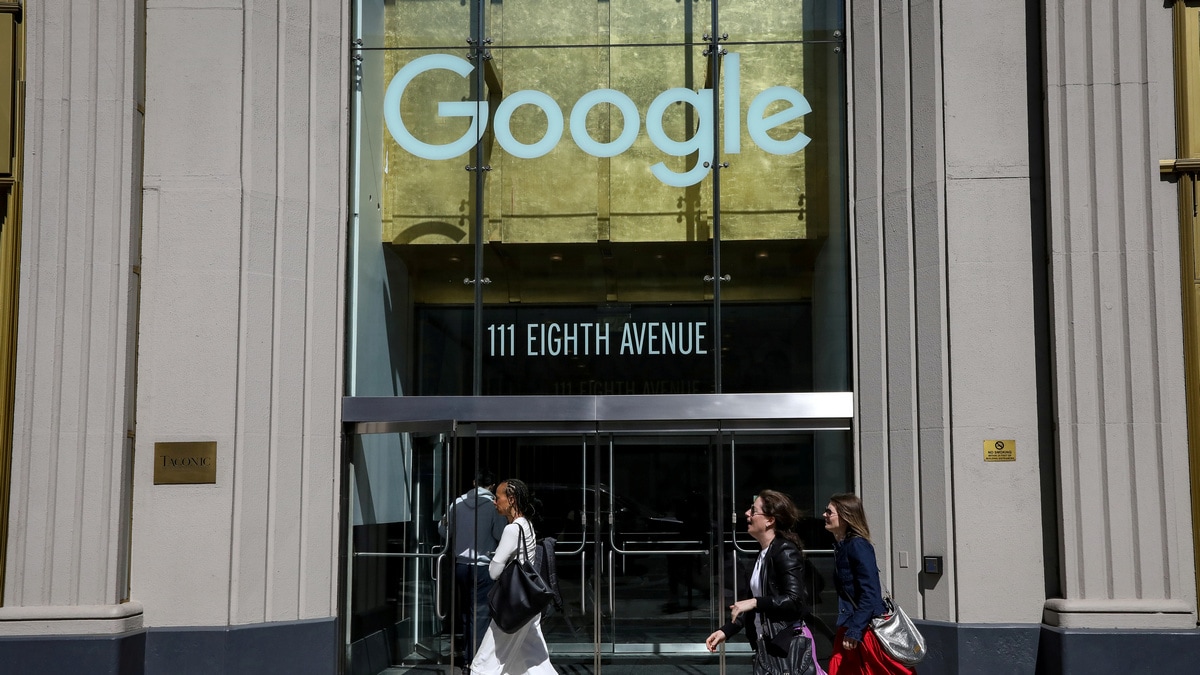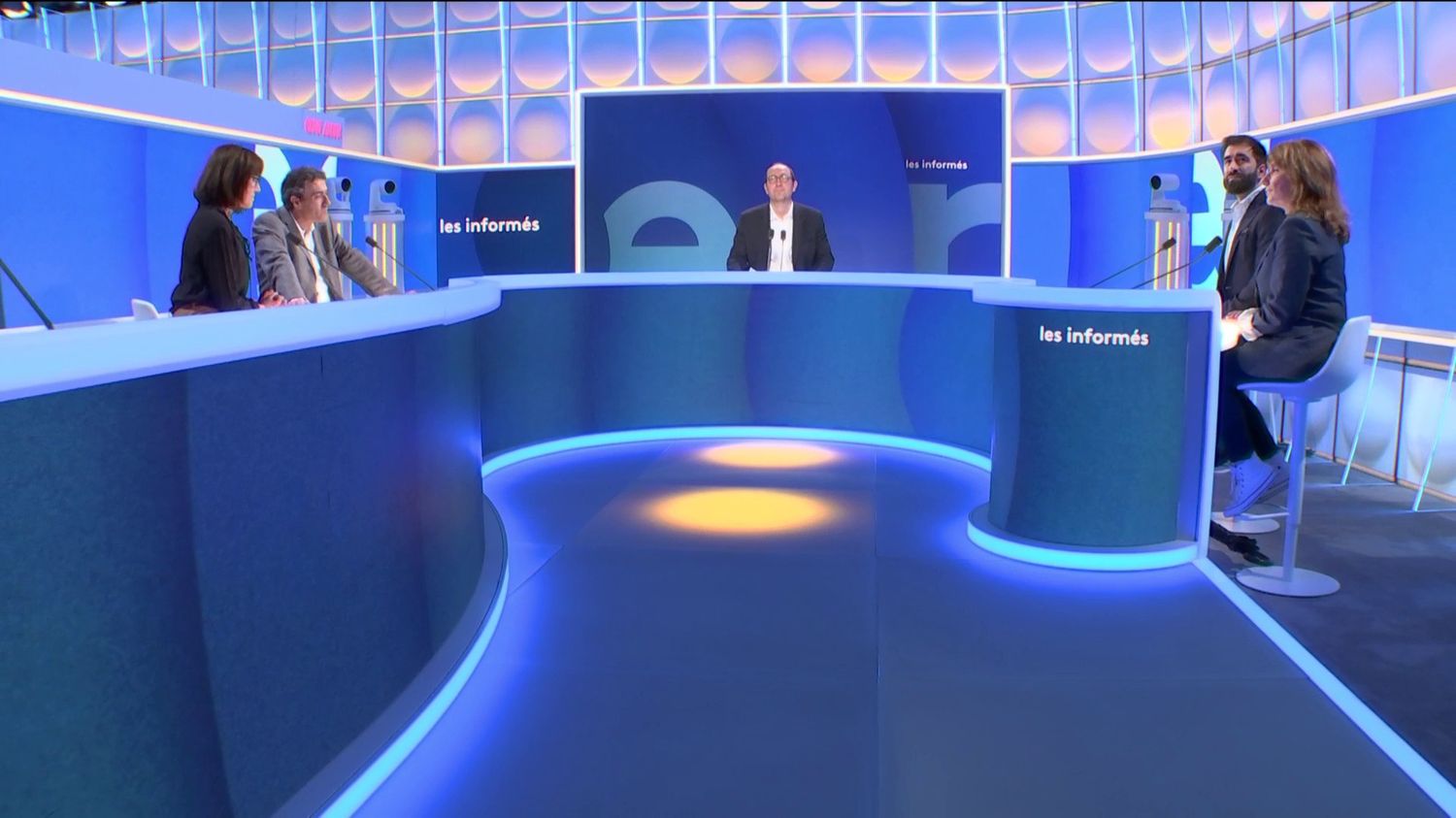Constitutional Implications Of The Competition Bureau's Case Against Google

Table of Contents
Section 79 of the Competition Act and its Constitutional Validity
Section 79 of the Competition Act empowers the Competition Bureau to prohibit anti-competitive practices. However, its broad scope raises concerns about its constitutional validity, particularly regarding potential infringements on Charter rights. Key keywords here include Section 79, Competition Act, Constitutional Validity, Charter of Rights and Freedoms, Proportionality Test, and Reasonable Limits.
-
Examination of Section 79's Power: Section 79 grants the Bureau significant authority to investigate and prevent anti-competitive conduct. This power, however, must be exercised within the confines of the Constitution. Overly broad interpretations could lead to challenges.
-
Charter Challenges: Potential challenges under the Charter could arise from sections related to fundamental justice (Section 7) and freedom of expression (Section 2(b)). Arguments could centre on whether the Bureau's actions are justifiable limits on these freedoms.
-
Proportionality Test: The courts will likely apply the "proportionality test" to determine if the Bureau's actions are a reasonable limit on Charter rights. This involves assessing whether the objective is pressing and substantial, whether the means chosen are rationally connected to the objective, whether the means minimally impair Charter rights, and whether the overall balance between the objective and the infringement is justified.
-
Procedural Fairness and Due Process: Concerns about procedural fairness and due process are paramount. Google, as the subject of the investigation, is entitled to a fair hearing and the opportunity to present its case. Any perceived bias or lack of transparency could invalidate the Bureau's actions.
Google's Market Dominance and its Impact on Innovation
Google's market dominance in various sectors, including search, online advertising, and mobile operating systems, is central to the Competition Bureau's case. The key here is understanding the interplay between Google, Market Dominance, Innovation, Anti-competitive Practices, Digital Markets, Monopoly Power, and Consumer Choice.
-
Market Share Analysis: A detailed analysis of Google's market share in relevant sectors is crucial for assessing its level of market power and its potential to engage in anti-competitive conduct. High market share alone isn't sufficient, but it raises a red flag.
-
Allegations of Anti-Competitive Behaviour: The Bureau's allegations of anti-competitive behaviour, such as leveraging market power to stifle competition and engaging in predatory pricing, need to be carefully examined. Evidence supporting these allegations will be vital.
-
Impact on Innovation: A significant concern is the potential impact of Google's practices on innovation. If Google's market dominance discourages competition and limits consumer choice, innovation might suffer.
-
Antitrust and Innovation: The case necessitates a careful consideration of how antitrust laws can be used to protect innovation without inadvertently stifling it. Striking the right balance is critical.
Due Process and Procedural Fairness in the Competition Bureau's Investigation
The Competition Bureau's investigation must adhere to principles of Due Process, Procedural Fairness, Natural Justice, and provide a Fair Hearing. These are fundamental tenets of Canadian law.
-
Bureau's Investigative Procedures: Scrutiny of the Bureau's procedures is essential. Were Google's rights respected throughout the investigation? Was sufficient opportunity provided for Google to respond to the allegations?
-
Respect for Legal Rights: The investigation must respect Google’s right to procedural fairness and due process. This encompasses the right to be informed of the allegations, the right to present evidence, and the right to a fair and impartial hearing.
-
Natural Justice Violations: Potential legal challenges could be based on violations of natural justice, including bias, lack of impartiality, and inadequate opportunity to be heard. The courts will examine the process closely.
-
Transparency and Accountability: Transparent and accountable regulatory processes are crucial to maintaining public trust and ensuring that the Bureau’s actions are consistent with the rule of law.
The Role of the Courts in Balancing Competition and Constitutional Rights
The courts play a pivotal role in adjudicating the constitutional issues raised by the Competition Bureau's case. This involves the examination of Judicial Review, Constitutional Rights, Competition Law, Legal Precedent, and the influence of the Supreme Court of Canada.
-
Judicial Review of Bureau Actions: The courts will review the Bureau's actions to determine whether they are consistent with the Constitution and the Competition Act. This involves a careful examination of the evidence and the application of relevant legal principles.
-
Legal Precedents: The courts will consider relevant legal precedents impacting both competition law and constitutional rights. Prior case law provides guidance on the interpretation of Section 79 and the application of the proportionality test.
-
Supreme Court's Influence: Decisions by the Supreme Court of Canada will carry significant weight and will likely shape future cases involving the intersection of competition law and constitutional rights.
Conclusion
The Competition Bureau's case against Google presents a complex interplay between the need for fair competition and the protection of fundamental constitutional rights. The constitutional implications are significant, touching upon issues of market dominance, innovation, and procedural fairness. The outcome will have far-reaching consequences for Canadian businesses and consumers, shaping the future of competition law and digital markets in Canada.
Understanding the constitutional implications of this case is crucial for anyone concerned about the future of competition in Canada. Stay informed about developments in this ongoing legal battle and continue to explore the crucial intersection of the Competition Bureau’s actions and Constitutional Law. Further research into the Constitutional Implications of the Competition Bureau's Case Against Google will be essential for navigating this evolving landscape.

Featured Posts
-
 2025 Kawasaki Ninja 650 Krt A Closer Look At The Launched Edition
May 30, 2025
2025 Kawasaki Ninja 650 Krt A Closer Look At The Launched Edition
May 30, 2025 -
 Attaques Contre Les Prisons Analyse De La Visite Ministerielle En Isere
May 30, 2025
Attaques Contre Les Prisons Analyse De La Visite Ministerielle En Isere
May 30, 2025 -
 Twins Arrival Reignites Amber Heard And Elon Musks Embryo Dispute
May 30, 2025
Twins Arrival Reignites Amber Heard And Elon Musks Embryo Dispute
May 30, 2025 -
 Secure Your Gorillaz Tickets Four Special London Shows At Copper Box Arena
May 30, 2025
Secure Your Gorillaz Tickets Four Special London Shows At Copper Box Arena
May 30, 2025 -
 Appel Rn Verdict 2026 Et Commentaire Du Depute Jacobelli
May 30, 2025
Appel Rn Verdict 2026 Et Commentaire Du Depute Jacobelli
May 30, 2025
